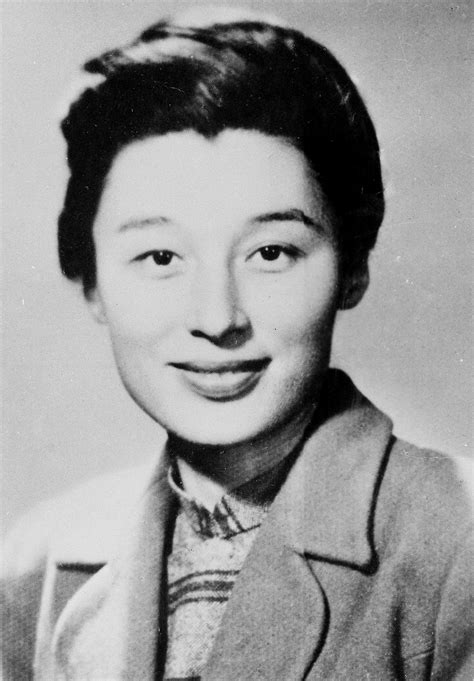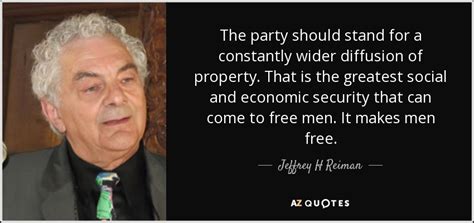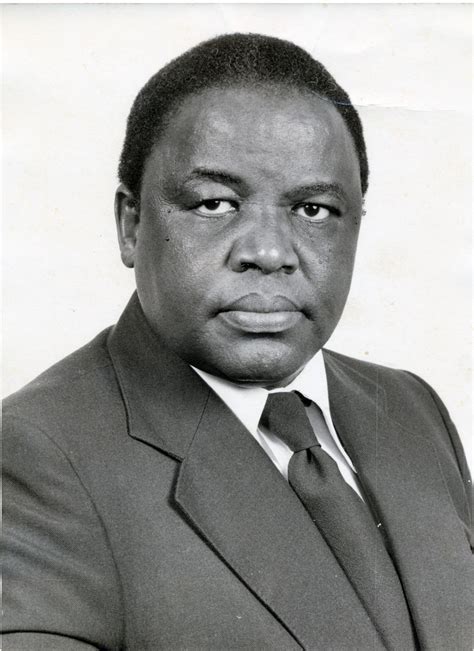A Quote by Soren Kierkegaard
Human justice is very prolix, and yet at times quite mediocre; divine justice is more concise and needs no information from the prosecution, no legal papers, no interrogation of witnesses, but makes the guilty one his own informer and helps him with eternity's memory.
Related Quotes
Some souls think that the Holy Spirit is very far away, far, far, up above. Actually he is, we might say, the divine Person who is most closely present to the creature. He accompanies him everywhere. He penetrates him with himself. He calls him, he protects him. He makes of him his living temple. He defends him. He helps him. He guards him from all his enemies. He is closer to him than his own soul. All the good a soul accomplishes, it carries out under his inspiration, in his light, by his grace and his help.
I had to learn that there is more to the human being than material comfort, more than success, more even than national spirit or patriotism. That in any being worthy of being human there is also a demand for justice, for liberty, and that justice needs the evidence of all our lives, liberty is one and indivisible and collective, and no one can talk of justice solely for expediency's sake, nor of liberty while human beings, anywhere else on earth, are still in bondage.
Ajamu Baraka is a human rights advocate and an international human rights advocate, who's been defending racial justice, economic justice, worker justice, indigenous justice, and justice for black and brown people all over the world, and in the United States has been helping to lead the charge against the death penalty here, and is an extremely eloquent and empowering person. And one of the great things about running with him is that we speak to all of America.
I have had the advantage of the opportunity to meet with Mr. Trump on several occasions. And my experience is that he's very intelligent. He's thirsty for information. He wants to hear what you have to say. He listens to his advisers. He digests the information very quickly, and he's got a good memory, because I remember one time I was talking to him about something, and then he pulled some information out of his memory banks that was a great connection that I hadn't even thought to mention to him.
The essence of justice is mercy. Making a child suffer for wrong-doing is merciful to the child. There is no mercy in letting the child have its own will, plunging headlong to destruction with the bits in its mouth. There is no mercy to society nor to the criminal if the wrong is not repressed and the right vindicated. We injure the culprit who comes up to take his proper doom at the bar of justice, if we do not make him feel that he has done a wrong thing. We may deliver his body from the prison, but not at the expense of justice nor to his own injury.
Samson crushed himself and his enemies to death beneath the ruins of a building. He can only be excused on the grounds that the Spirit of the Lord, who wrought miracles through him, had bidden him to do so. But, apart from such men excepted by the command of a just law in general or of God, the very Source of justice, in a special case, any one who kills a human being, himself or another, is guilty of murder.
To an American, that which deprives him of his freedom he regards as injustice, and that which allows him to enjoy that freedom he regards as justice. The concept of justice is as central to the totality of his being as freedom is, and this is not surprising, since the motivating idea behind the American Declaration of Independence was the fervent desire for justice.
Christianity exhorted man to set himself up against Nature, but did so in the name of his spiritual and disinterested attributes. Pragmatism exhorts him to do so in the name of his practical attributes. Formerly man was divine because he had been able to acquire the concept of justice, the idea of law, the sense of God; today he is divine because he has been able to create equipment which makes him the master of matter.








































